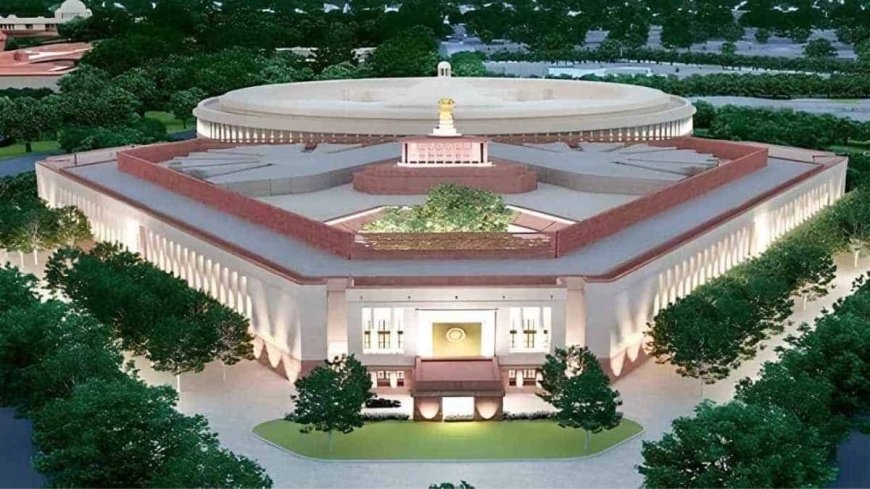Parliament of India

The Parliament of India is the supreme legislative body of the Republic of India, responsible for enacting laws, overseeing the functioning of the government, and representing the interests of the people and states of India. It is a bicameral institution, consisting of two houses:
-
Lok Sabha (House of the People):
- The Lok Sabha is the lower house of Parliament and represents the people of India. Members of the Lok Sabha, known as Members of Parliament (MPs), are directly elected by the eligible voters of India through general elections.
- The Lok Sabha currently has a maximum strength of 545 members, comprising 543 elected members from single-member constituencies across the country and up to 2 members nominated by the President of India to represent the Anglo-Indian community. However, the 126th Constitutional Amendment Act of 2019 abolished the nomination of Anglo-Indian members, making the Lok Sabha a fully elected body.
- The Lok Sabha has several important functions, including the enactment of laws, control over finances, and oversight of the executive branch. The Prime Minister, who is the head of the government, is usually the leader of the majority party in the Lok Sabha.
-
Rajya Sabha (Council of States):
- The Rajya Sabha is the upper house of Parliament and represents the states and union territories of India. Members of the Rajya Sabha, known as Members of Parliament, are elected by the elected members of the State Legislative Assemblies and Union Territory Legislative Assemblies.
- The Rajya Sabha currently has a maximum strength of 250 members, of which 238 members are elected from the states and union territories, and 12 members are nominated by the President to represent expertise in various fields such as literature, science, art, and social service.
- The Rajya Sabha serves as a forum for representing the interests of the states, providing a platform for deliberating on national issues, and reviewing legislation passed by the Lok Sabha. It also plays a crucial role in the impeachment of the President and removal of judges of the Supreme Court and High Courts.
Both houses of Parliament have equal legislative powers, but certain types of bills, such as money bills, must originate in the Lok Sabha. A bill must be passed by both houses and receive the assent of the President to become law.
The Parliament of India meets at Sansad Bhavan (Parliament House) in New Delhi. It convenes for three sessions in a year: the Budget Session (February-May), the Monsoon Session (July-September), and the Winter Session (November-December). The sessions are presided over by the Speaker of the Lok Sabha and the Chairman of the Rajya Sabha, respectively.
Overall, the Parliament of India plays a crucial role in India's democratic system, ensuring representation, accountability, and the rule of law in governance.
What's Your Reaction?






















































